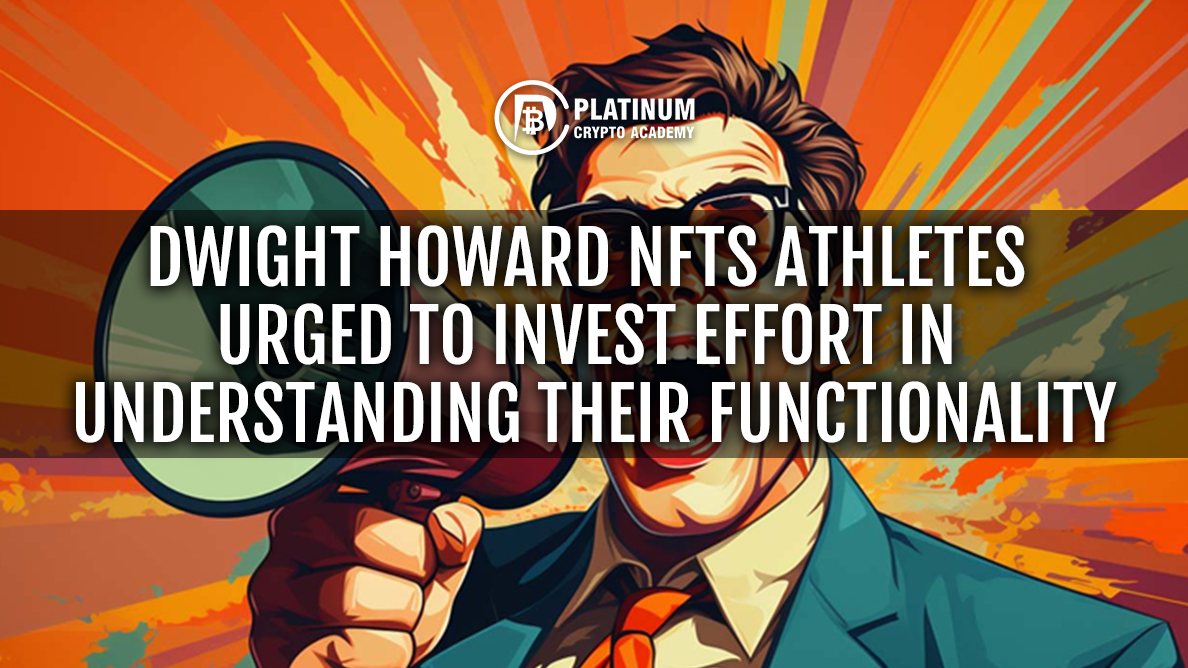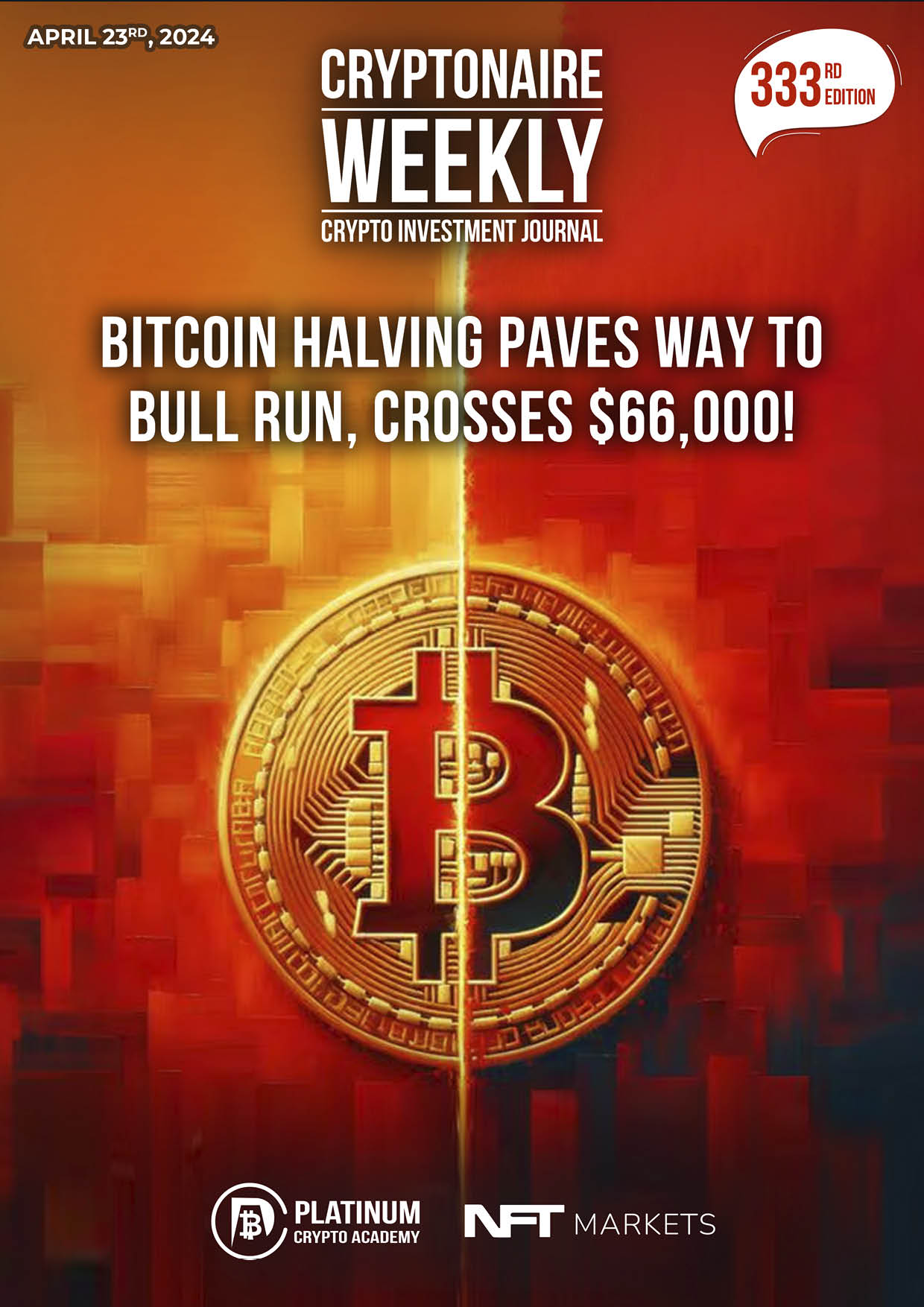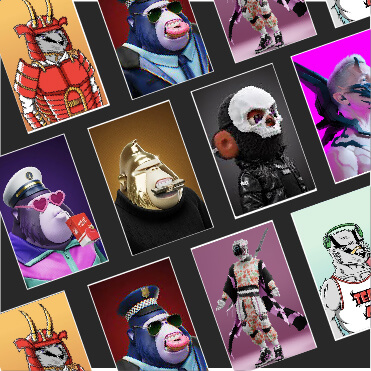Although integrating non-fungible tokens (NFTs) into the sports world offers potential benefits, athletes face hurdles when delving into the realm of Web3, necessitating time and dedication.
Tom Fleetham, leading business development for sports and gaming at Zilliqa, highlighted the need for improvement in enhancing the experience and monetization for international fans unable to attend stadiums among the sports organizations he collaborates with. Moreover, he noted that younger audiences, such as Gen Z, exhibit different behaviors compared to previous generations, indicating a necessity for a contemporary approach to engage this demographic. Fleetham believes NFTs could serve as a solution to address these challenges.
“I am of the opinion that NFTs have the potential to effectively address both of these obstacles. International fans seek greater connectivity with their teams, and the prospect of owning NFTs offering exclusive access, products, and experiences represents a significant untapped opportunity.”
Nevertheless, despite the advantages of entering the NFT arena, Fleetham emphasized the importance for sports organizations or athletes to invest sufficient time in comprehending the complexities associated with developing their NFT projects. The executive referenced the recent NFT controversy involving basketball star Dwight Howard, highlighting the consequences of entering the crypto space without adequate preparation.
“On January 19, Howard made headlines by announcing an NFT drop on the Avalanche blockchain. However, the venture fell short of expectations, garnering only a handful of buyers before being retracted for a redesign. Community members criticized the project, with Howard facing accusations from crypto analyst ZachXBT of orchestrating a rug pull.
Fleetham characterized Howard’s endeavor as a “disastrous failure,” leaving fans disappointed and at a financial loss. “Any athlete venturing into the world of NFTs must actively oversee every aspect of the project to ensure alignment with their brand values,” he remarked. Additionally, Fleetham stressed the importance of properly executing the art, utility, marketing, and tokenomics of the NFT project. Failure to do so, he cautioned, could result in reputational damage outweighing any potential financial gains.
Thanks @DwightHoward for the quick rug pull. pic.twitter.com/PSuAwCsYGW
— ZachXBT (@zachxbt) January 30, 2024
While some athletes encounter challenges in their NFT endeavors, others demonstrate adeptness in navigating the space. On January 26, soccer icon Cristiano Ronaldo showcased one such use case for NFTs: fan engagement. Ronaldo engaged with fans who held his NFTs, offering them personalized training tips to enhance their skills in the sport.”
Oh Thongsrinoon, Chief Marketing Officer at Altava Group, expressed that Ronaldo’s engagement in Web3 could serve as a catalyst for other athletes to follow suit. Thongsrinoon elaborated, stating:
“Having a globally recognized figure like Ronaldo involved sets a precedent, and it’s only a matter of time before other athletes join in. In my view, once the cryptocurrency market experiences significant growth, we can anticipate greater participation from athletes.”
Thongsrinoon, who collaborates with brands seeking to engage with Web3, also highlighted the potential of NFTs to deepen the connection between athletes, sports teams, and their fan bases. He noted that sports evoke passionate sentiments from fans, making NFTs a powerful tool for fostering fan engagement and loyalty.



